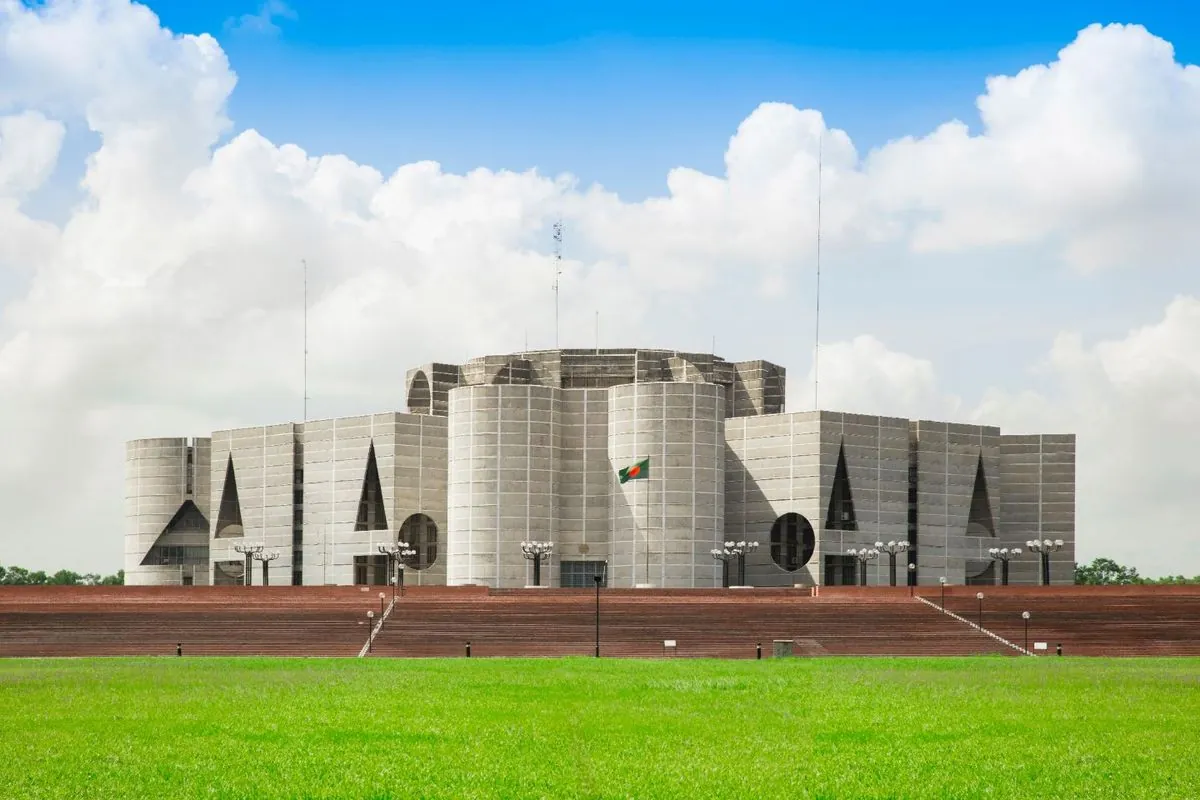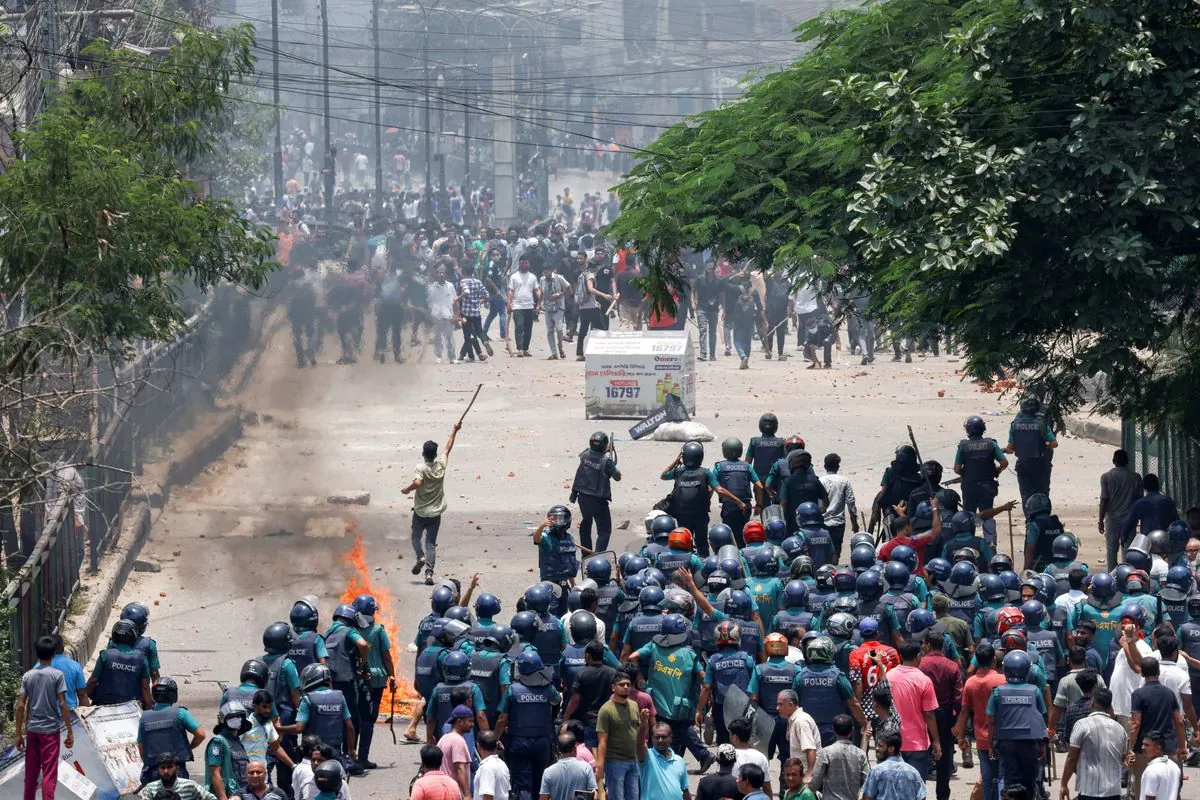Bangladesh's Political Turmoil: Army Chief Sets Election Timeline
Bangladesh's army chief proposes elections within 18 months amid political upheaval. Ousted PM's son expresses cautious optimism but warns of challenges without Awami League involvement.

In a significant development for Bangladesh's political landscape, the country's army chief has proposed holding elections within 18 months. This announcement comes in the wake of recent turmoil that saw the ousting of Prime Minister Sheikh Hasina in August 2024.
Sajeeb Wazed, son and adviser to Sheikh Hasina, expressed cautious optimism about the proposed timeline. "I'm happy to hear we have an expected timeline at least now," Wazed stated. However, he also voiced concerns about the potential for history to repeat itself, referencing Bangladesh's tumultuous political past.
Bangladesh, a nation of approximately 170 million people, has experienced several military coups since gaining independence from Pakistan in 1971. The country's journey towards democracy has been marked by periods of instability and political violence.

The interim government, led by Nobel Peace Prize laureate Muhammad Yunus, has pledged to implement reforms in key sectors before holding elections. These reforms target the judiciary, police, and financial institutions. However, no specific date for the elections has been set.
Wazed emphasized the crucial role of the Awami League in ensuring legitimate reforms and elections. "It's impossible to have legitimate reforms and elections by excluding the oldest and largest political party," he asserted. This statement underscores the complex political dynamics at play in Bangladesh's current situation.
"It's impossible to have legitimate reforms and elections by excluding the oldest and largest political party."
The Bangladesh Nationalist Party (BNP), the main opposition to the Awami League, has called for elections to be held as soon as possible. This stance highlights the divergent views among political actors regarding the country's path forward.
Bangladesh's recent political upheaval has occurred against a backdrop of significant economic progress. The nation has emerged as one of Asia's fastest-growing economies, with a burgeoning garment industry and a growing tech sector. However, challenges persist, including vulnerability to climate change and the need for infrastructure development.
Sheikh Hasina's current situation remains uncertain. She has been in India since fleeing Bangladesh in August 2024. Wazed indicated that the decision about her return would be up to her, emphasizing the need to ensure the safety of Awami League members.
As Bangladesh navigates this period of political transition, the international community watches closely. The country's ability to balance political reform with economic progress will be crucial in shaping its future trajectory.


































